 How Long Do Opiates Stay in Your System: Oxycodone & Hydrocodone
How Long Do Opiates Stay in Your System: Oxycodone & HydrocodoneHow long does the hydrocodone stay in your system? Hidrocodona in her blood, hair, urine, salivaAndrea Rice is an award-winning journalist and independent writer, publisher and verifier specializing in health and well-being. Darren McCollester Collection / Getty Images News Hydrocodone is prescribed for people with severe pain. It is an opiate painkiller that works by changing the way the brain and nervous system respond to pain. Brand names for extended-release capsules and tablets include Hysingla ER and Zohydro ER. In addition to hydrocodone, there are also prescription products such as , Lorcet, and which combine hydrocodone with acetaminophen, ibuprofen, aspirin, and in some cases antihistamines. Hydrocodone is a List II medication, which means it has a high potential for abuse, with potentially using it leads to severe psychological or . It can be detected for a shorter time with some tests, but can be detectable for up to three months in other tests. Knowing how long hydrocodone affects your system and how long it takes to remove it can help prevent dangerous interactions with other medicines, side effects, and risk of overdose. How long does the hydrocodone stay in your system? Blood: up to 24 hours Urine: Up to four daysSaliva: Up to two daysHair: Up to 90 days How long does it take to feel the effects? When prescribed by hydrocodone, your doctor will gradually adjust the dose, ensuring that you can tolerate it. It also comes in extended-release capsules and tablets that can be taken once or twice a day. Hydrocodone starts working in 20 to 30 minutes, with maximum effects in 30 to 60 minutes, and then continues for four to six hours. The effects of prolonged-release formulations last a little longer, usually up to 12 hours. Common side effects of hydrocodone include: If you experience any of the following serious side effects, call your doctor immediately. Some of these could be a sign of an allergic reaction. How long is the hydrocodone? Hydrocodone has just less than four hours, which means it takes so long to remove half of the dose of the medication. It metabolizes in the liver and is eliminated through the urine. Up to 20% of the dose is excreted as hydrocodone, with up to 14% eliminated as norhydrocodone and up to 6% as hydromorphone. A variety of factors play a role in determining exactly how long it takes for hydrocodone to be excreted by the body and removed from your system. If you have been prescribed hydrocodone and you should take a drug screening test, make sure to reveal your recipe to the test lab. Blood For most healthy individuals, it will take a day for hydrocodone to completely cleanse the blood. Urine Hydrocodone passes to the urine where it can be detected for two or four days after a dose. Saliva The medication can be detected in a saliva test for up to 36 hours after taking the last dose. Hair Hydrocodone can be detected longer with a hair follicles drug test, up to 90 days. Factors affecting detection time There are several different factors that can play a role in how long hydrocodone stays in your system, including the frequency of use, dosage, age, metabolism and general health. Dosage Hydrocodone comes in different fortresses, as well as a long-release form, which can affect the amount of time it takes for your body to metabolise the medication. Metabolism People with faster metabolisms clean the medication from their systems faster than those with slower metabolism. Age, level of activity, general health and certain medicines may influence your metabolic rate. General health People with liver failure or kidney function may have a more difficult time to metabolize and remove the body's hydrocodone. How to remove hydrocodone from your system Trying to remove the hydrocodone from your system by exercising or drinking water will not help you pass a drug test. The only safe way to remove hydrocodone from your system is to stop taking the medication and give the body time to remove it. To avoid unpleasant withdrawal symptoms, work with your doctor to shorten the medication slowly. Symptoms of overdose If more hydrocodone is taken before the last dose is out of the system, an overdose may occur. It is important to take your medication exactly as your doctor instructed. Shaking or crushing tablets or opening and dissolving capsules could release all the medication immediately and increase your medication. Extended release hydrocodone is specifically formulated to make it difficult to cut, crush or dissolve pills and capsules to help prevent overdose. The following are the possible symptoms of hydrocodone overdose: Call 911 immediately if you suspect someone is suffering from an overdose of hydrocodone. If it's caught early, the overdose can be. Dangerous interactions Like, hydrocodone not only works to block pain, but can also depress breathing at higher doses, which can lead to dangerous interactions with many other drugs and substances. If you have ever had a chronic obstructive pulmonary disease (COPD), asthma, head injury, or any breathing problem, you should be monitored closely when you start with hydrocodone or change your dose. You should not drink or use any medication containing alcohol while on hydrocodone. Your doctor needs to know all the medications you have been taking, as well as anything that will discontinue or start taking while taking hydrocodone as they can affect how hydrocodone works on your body, and vice versa. You may need to adjust the doses to avoid dangerous interactions. Be especially cautious with: Get help Whether you are taking hydrocodone as prescribed or misuse of the medication, leaving cold turkey may result in . Symptoms vary from mild to , depending on how much you've been taking and how long, and may include the following: If you suspect you may be dependent or addicted to hydrocodone, talk to your doctor. They can help you burn the medication, find another medication to relieve your pain and refer you to a mental health professional who specializes in addiction and recovery. Your doctor may also recommend an outpatient or outpatient residential addiction treatment center or a local support group such as Narcotics Anonymous or . If you or a loved one are struggling with the use of substances or addiction, please contact 1-800-662-4357 for information on support and treatment facilities in your area. For more mental health resources, see our . Learn the best ways to manage stress and negativity in your life. Thank you, for signing. There was a mistake. Please try again. United States Department of Justice: Division for Fun Control. . MedlinePlus. Updated 24 June 2020.U.S. Food & Drug Administration. . 2014.Barakat NH, Atayee RS, Best BM, Ma JD.. J Anal Toxicol. 2014;38(7):404-409. doi:10.1093/jat/bku051Lautieri A. American addiction centers. Updated 4 June 2020. Depriest AZ, Puet BL, Holt AC, Roberts A, Cone EJ. . Soleimanpour H, Safari S, Shahsavari Nia K, Sanaie S, Alavian SM. Hepat Mon. 2016;16(4):e32636. doi:10.5812/hepatmon.32636MedlinePlus. . Updated 2 July 2020.MedlinePlus. . Updated 2 July 2020. Thank you, for signing. There was a mistake. Please try again.
How long does it take to get the hydrocodone out of the body? Hydrocodone is a strong opioid medication that works by blocking pain signals in the brain. The time needed for the hydrocodone to leave the system varies from person to person. In general, you may be anywhere from a day to a few weeks. According to the , hydrocodone is the opioids that doctors in the US most frequently prescribe. The medicine may treat pain caused by conditions like or . In many cases, doctors also use it to treat persistent cough. Many people know this medicine like Vicodin, although Vicodin is a combination of hydrocodone and another medication, called acetaminophen. Other brand names for this combination are Norco, Lortab and Lorcet. These hydrocodone-based drugs have a . In , DEA classified them as List II medications. This category includes medicines with medical uses but a high potential for psychological dependence and excessive use. Another problem with hydrocodone is that it can leave traces on the body for a long time, and health professionals can detect even small doses in a person's blood, urine, saliva and hair. According to, it takes at least 18–24 hours for the body to be clean of hydrocodone. However, time varies significantly, depending on the body area a health care provider is testing. Drug traces can stay in certain areas far beyond 24 hours. For example: There are many reasons why the time it takes for hydrocodone to leave the body varies. Some factors that influence this include: Dosage A doctor prescribes a dose depending on the composition of a person's height, weight and body fat, so the doses vary from person to person. The higher the dose, the longer it takes for the body to metabolize the medication and for the hydrocodone to leave the system. AgeYoung people process hydrocodone faster than older adults. This is mainly because their organ systems are stronger and healthy, compared to adult systems. Genetics In the body, there are two kinds of enzymes that help process hydrocodone: CYP450 and UDP-glucuronosyltransferases. The quality and quantity of these enzymes vary from person to person according to their genes. This can also affect how a person metabolizes a drug. Consumption Frequency When a person uses hydrocodone for a longer period — like months or years — it is likely to take more time to remove the medication from your system, compared to people who only take hydrocodone for a few days. This effect is related to . To put it simply, higher doses of hydrocodone take longer to leave the body than lower doses a person takes for a shorter time. Common side effects of hydrocodone use include: Symptoms also list that people taking the hydrocodone report are less frequent. These are:Hydrocodone also has the potential to cause weak or shallow breathing, so people with or a respiratory condition should consult with your doctor about other forms of treatment. Hydrocodone is an addictive medicine, so it is not rare for people to use it badly or consume more than the prescribed dose. A condition that can occur in people who misuse opioids, including hydrocodone, is, in which the medication causes the bowel function to slow. Thin bowel syndrome causes symptoms such as:If a person misuses hydrocodone by taking it through the nose, they may cause them to lose their sense of smell. Drug snoring can also lead to nasal bleeding, congestion and frequent breast infections. According to , the long-term use of hydrocodone along with paracetaminophen increases the risk of liver damage and liver failure. This is especially the case with medicines that combine the two drugs, such as Vicodin. Hydrocodone abuse can also cause kidney damage, and the person may require dialysis. . The duration of the hydrocodone stay in the body varies from person to person. This is due to factors such as the age, genetics and frequency of intake. In general, a dose takes at least 18–24 hours to get out of the body. There are certain risks associated with hydrocodone, especially in the case of long-term use. People receiving hydrocodone treatment should take it as their doctor has instructed and reported side effects. Last medical review on 26 July 2019Most recent newsRelated coverage
:max_bytes(150000):strip_icc()/how-long-does-norco-stay-in-your-system-80293-FINAL-4b873cbf72374103aa0d6d943f46fe63.png)
How Long Does Norco Stay in Your System?
How Long Do Opiates Stay in Your System: Oxycodone & Hydrocodone/how-long-does-oxycodone-stay-in-your-system-80297-FINAL-18950c48a81c434591a38a8db8e45d63.png)
How Long Does Oxycodone Stay in Your System?
How Long Does Hydrocodone Stay in Your System? - Bedrock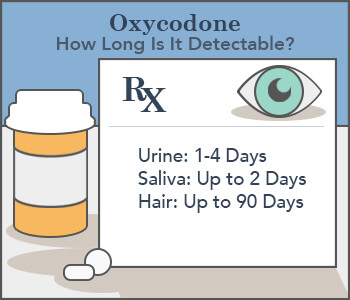
How Long Do Opiates Stay in Your System: Oxycodone & Hydrocodone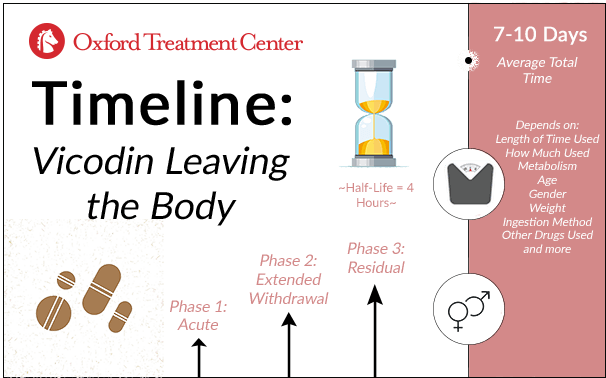
How Long Does Vicodin Stay in Your System?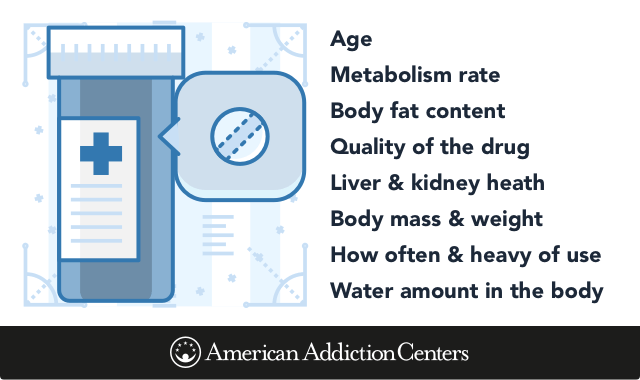
How Long Do Opiates Stay in Your System: Oxycodone & Hydrocodone
How Long Does Hydrocodone Stay in Your System? | Urine, Saliva & Hair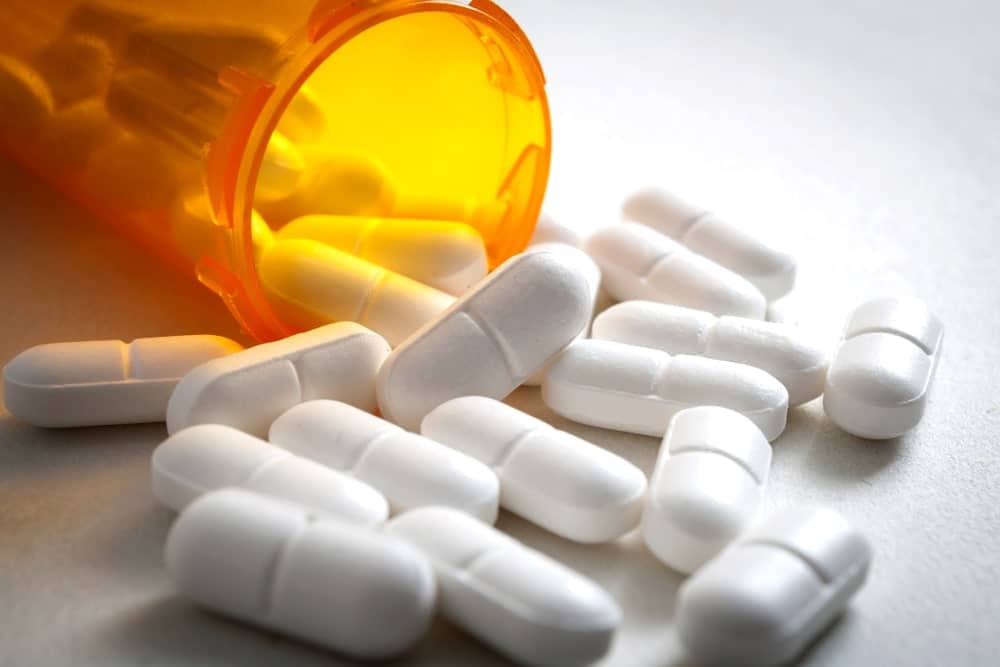
How Long Does Hydrocodone Stay In Your System? | Urine, Blood, Hair & Saliva : Spring Hill Recovery
How Long Does Hydrocodone Stay in Your System? | New Choices Treatment Centers:max_bytes(150000):strip_icc()/how-long-does-fentanyl-stay-in-your-system-80257-22643ae969c149a58716935c31bce52b.png)
How Long Does Fentanyl Stay in Your System?
How Long Does Hydrocodone Stay in Your System? | The Recovery Village
How Long Does Hydrocodone Stay in Your System - Fight Addiction/678211-569fe6555f9b58eba4add810.jpg)
How Long Does Hydrocodone Stay in Your System?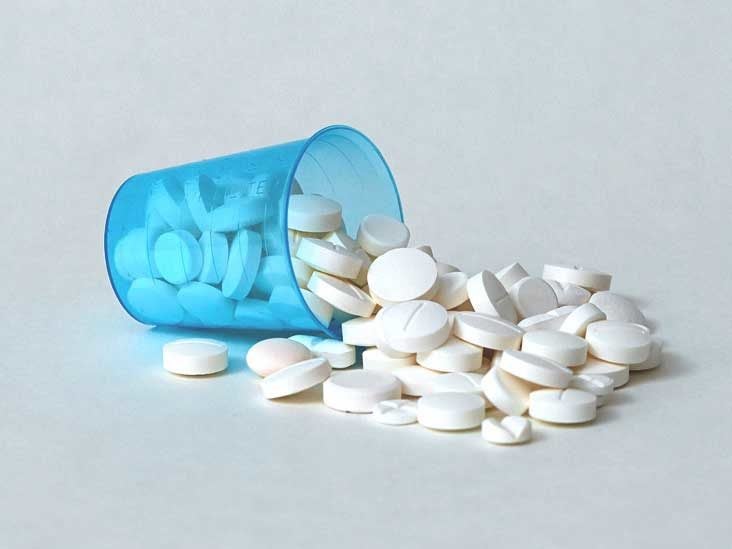
How Long Does Hydrocodone Stay in Your System?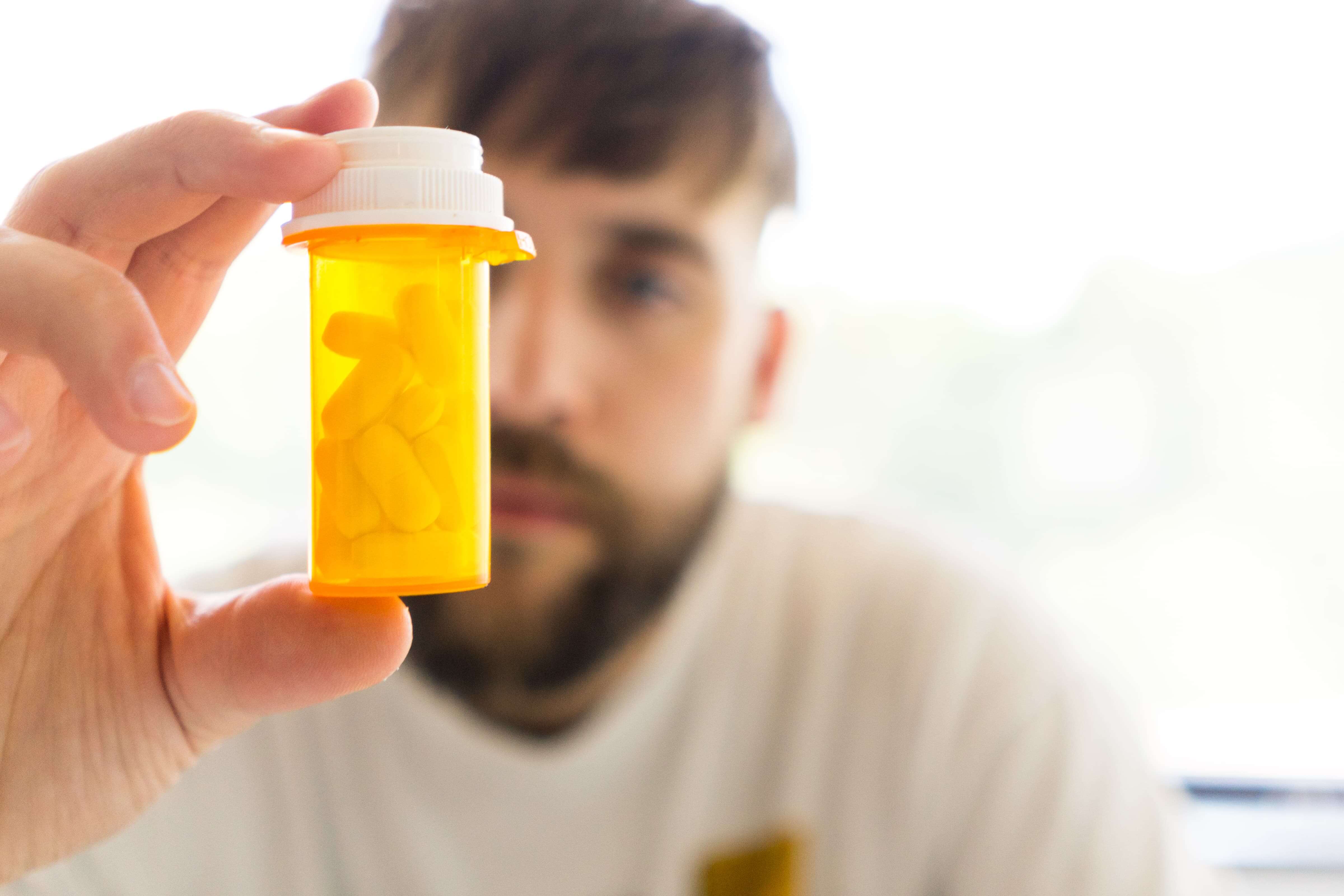
How Long Do Opiates Stay in Your System: Oxycodone & Hydrocodone
How long does hydrocodone stay in your system?
How long does hydrocodone stay in your system?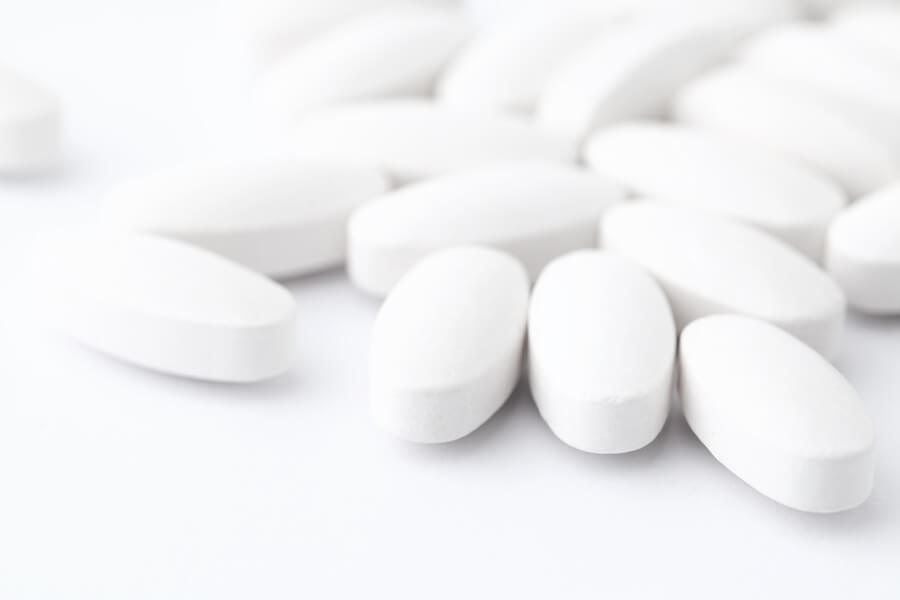
How Long Does Vicodin Stay in Your System? Urine, Hair, Saliva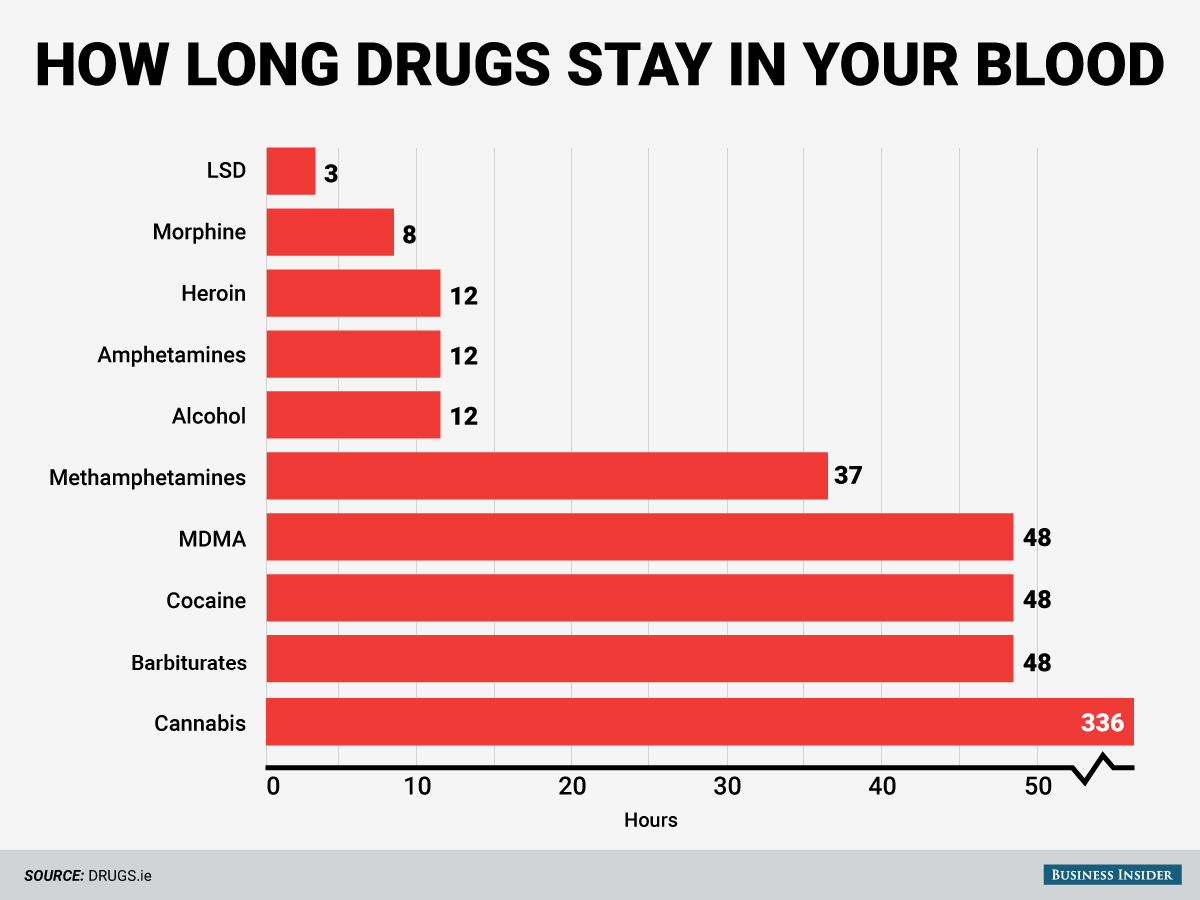
Here's how long different drugs stay in your system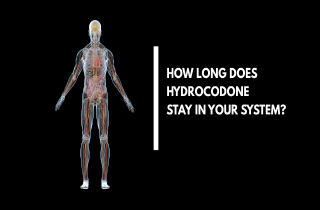
How long does hydrocodone stay in your system?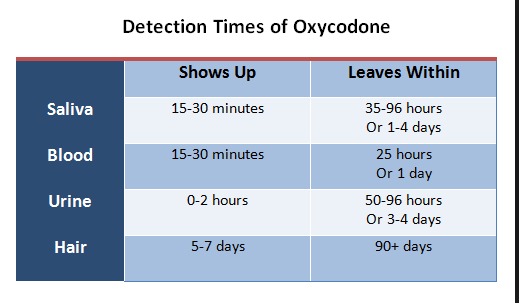
How Long Does Oxycodone Stay in Your System - Fight Addiction
How Long Does Lortab Stay in Your System? | AToN Center
How Long Does Hydrocodone Stay in Your System? | The Recovery Village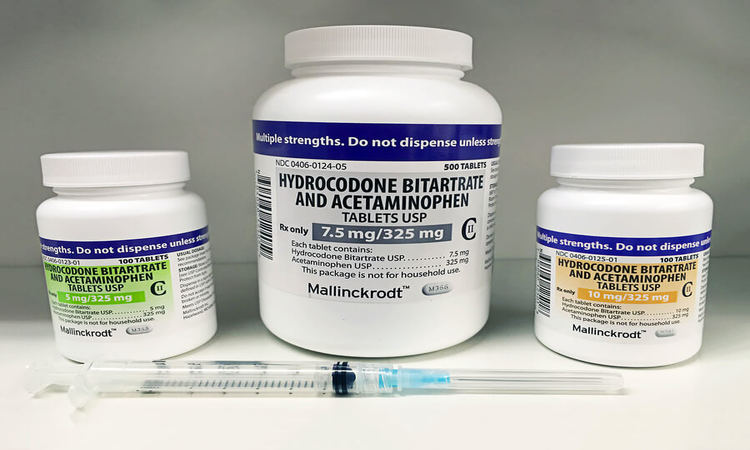
How Long Does Norco Stay in Your System? | Recovery By The Sea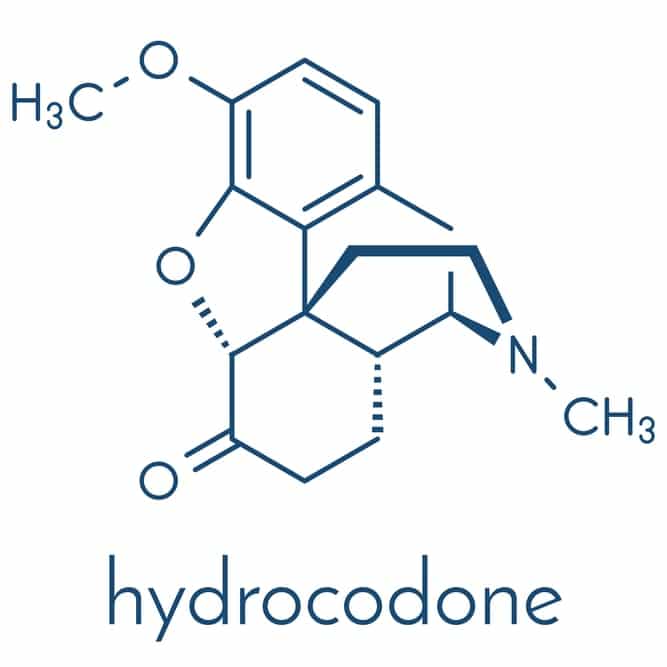
How Long Does Hydrocodone Stay in Your System? | Urine, Saliva, Blood & Hair
How Long Does Suboxone Stay in Your System? - Bedrock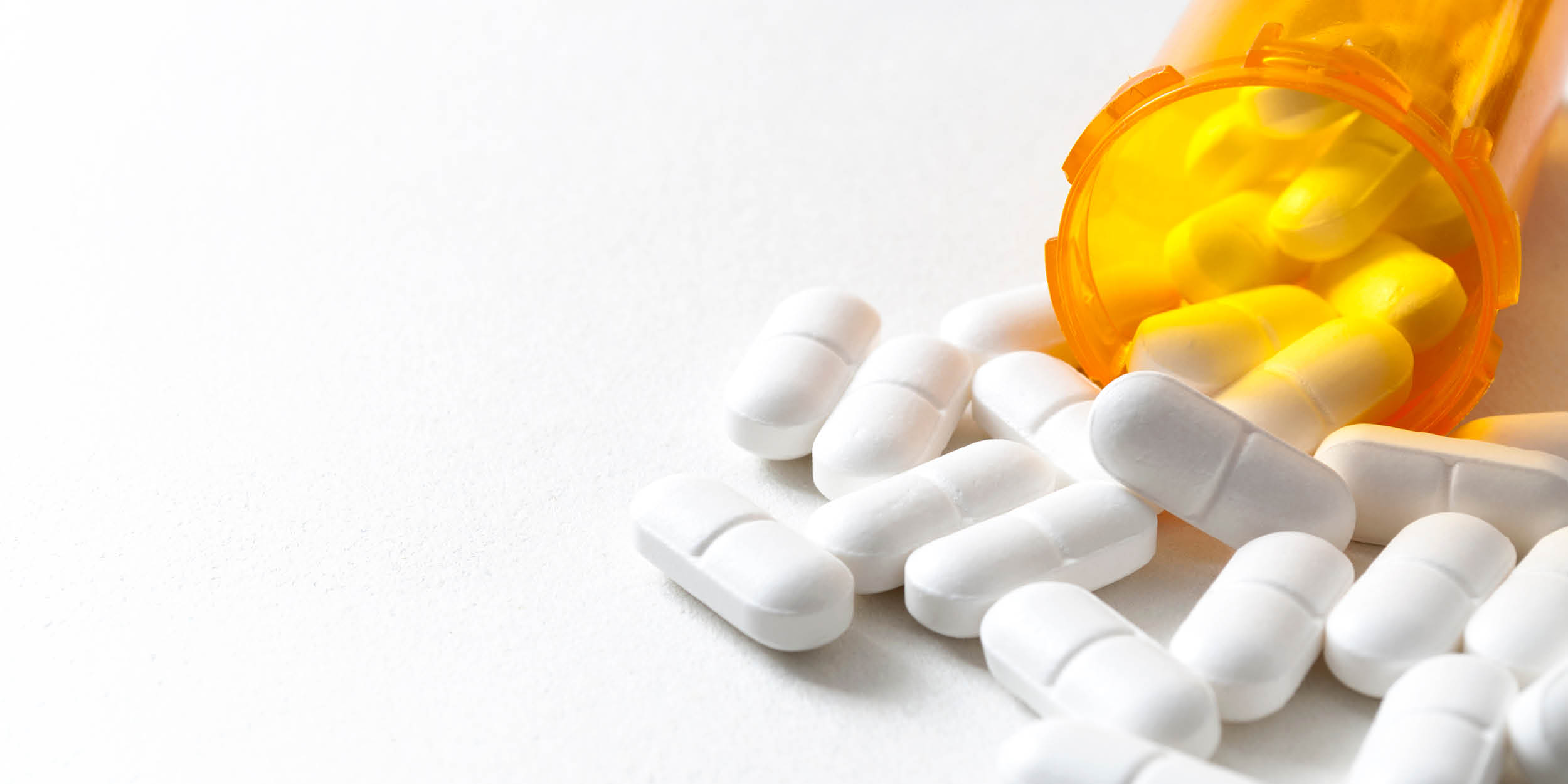
Vicodin: Uses, Dangers, & Side Effects | The Recovery Village Palm Beach at Baptist Health
How Long Do Opiates & Opioids Stay in Your System? : Blood, Urine, & Saliva Testing & System Flushing - Lighthouse Treatment Center
How Long Does Vicodin Stay in Your System | TX | Serenity House Detox
How Long Do Drugs Stay In Your System? | Skywood Recovery
How Long Does Hysingla ER (Hydrocodone) Stay In Your System? | The Recovery Village Drug and Alcohol Rehab
How Long Does Hydrocodone Stay in Your System?
Opioid Testing | Lab Tests Online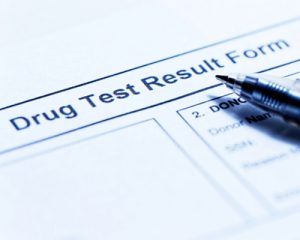
How Long Will Opioids Show Up on Drug Test? | Delphi
How Long Do Drugs Stay in Your System? - Addiction Center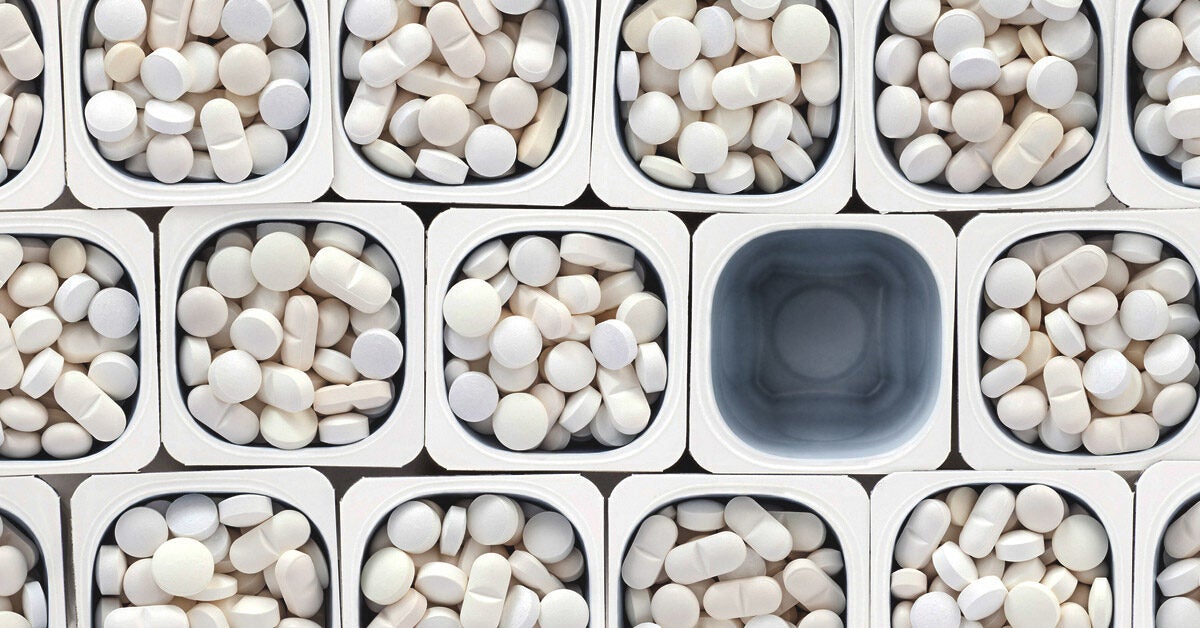
How Long Does Oxycodone Stay in Your System: Blood and More
How Long Opiates & Opioids Stay in Your System | Saliva, Urine & Hair
How Long Does Oxycodone Stay in Your System? | AToN Center
 How Long Do Opiates Stay in Your System: Oxycodone & Hydrocodone
How Long Do Opiates Stay in Your System: Oxycodone & Hydrocodone:max_bytes(150000):strip_icc()/how-long-does-norco-stay-in-your-system-80293-FINAL-4b873cbf72374103aa0d6d943f46fe63.png)

/how-long-does-oxycodone-stay-in-your-system-80297-FINAL-18950c48a81c434591a38a8db8e45d63.png)







:max_bytes(150000):strip_icc()/how-long-does-fentanyl-stay-in-your-system-80257-22643ae969c149a58716935c31bce52b.png)


/678211-569fe6555f9b58eba4add810.jpg)























Posting Komentar untuk "how long does hydrocodone stay in your hair"